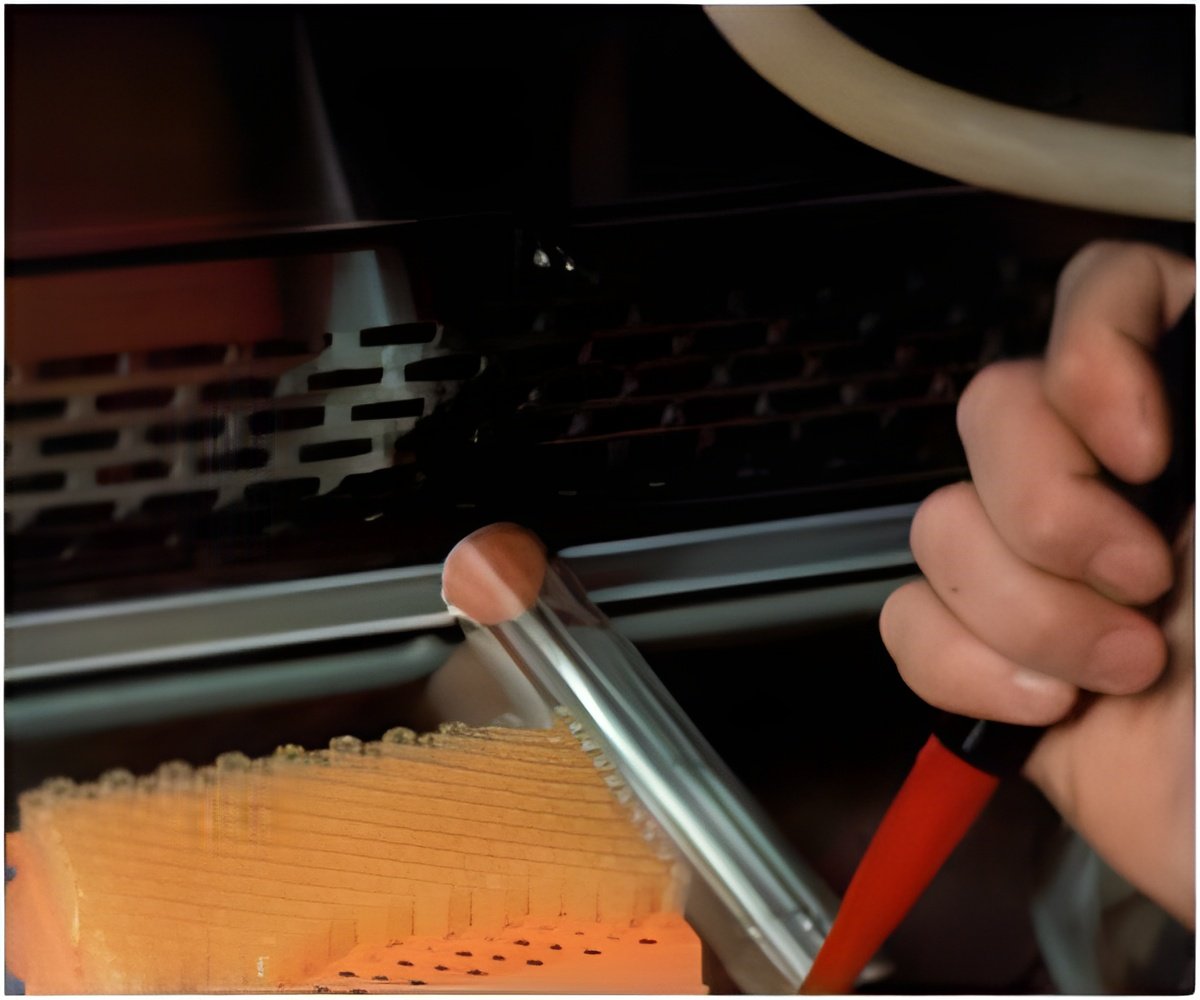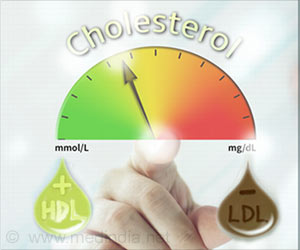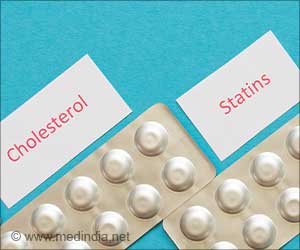Researchers at University of Tokyo have found that absence of KIF13B can lead to elevated levels of cholesterol in the blood.

The researchers discovered that LRP1 and KIF13B appeared together at the cell membrane and that KIF13B promoted the endocytosis of LRP1 by recruiting the receptor, along with LDL, into caveolae.
"Clathrin-mediated endocytosis has been studied intensively," says senior author Nobutaka Hirokawa. "But this is the first study to identify a mechanism for caveolin-mediated internalization."
Surprisingly, KIF13B's motor functions were not employed in this process. Rather, the kinesin was found to work as a scaffold at the cell membrane to help link LRP1 to caveolae.
"This scaffolding function is very unexpected for a motor protein," says Hirokawa. "But, after LRP1 is internalized, KIF13B could work as a motor to transport endosomes through the cytoplasm."
Advertisement














